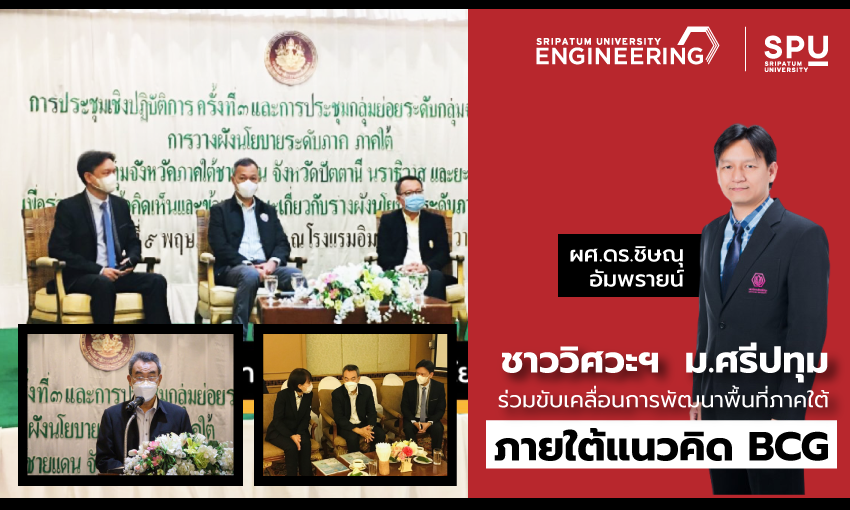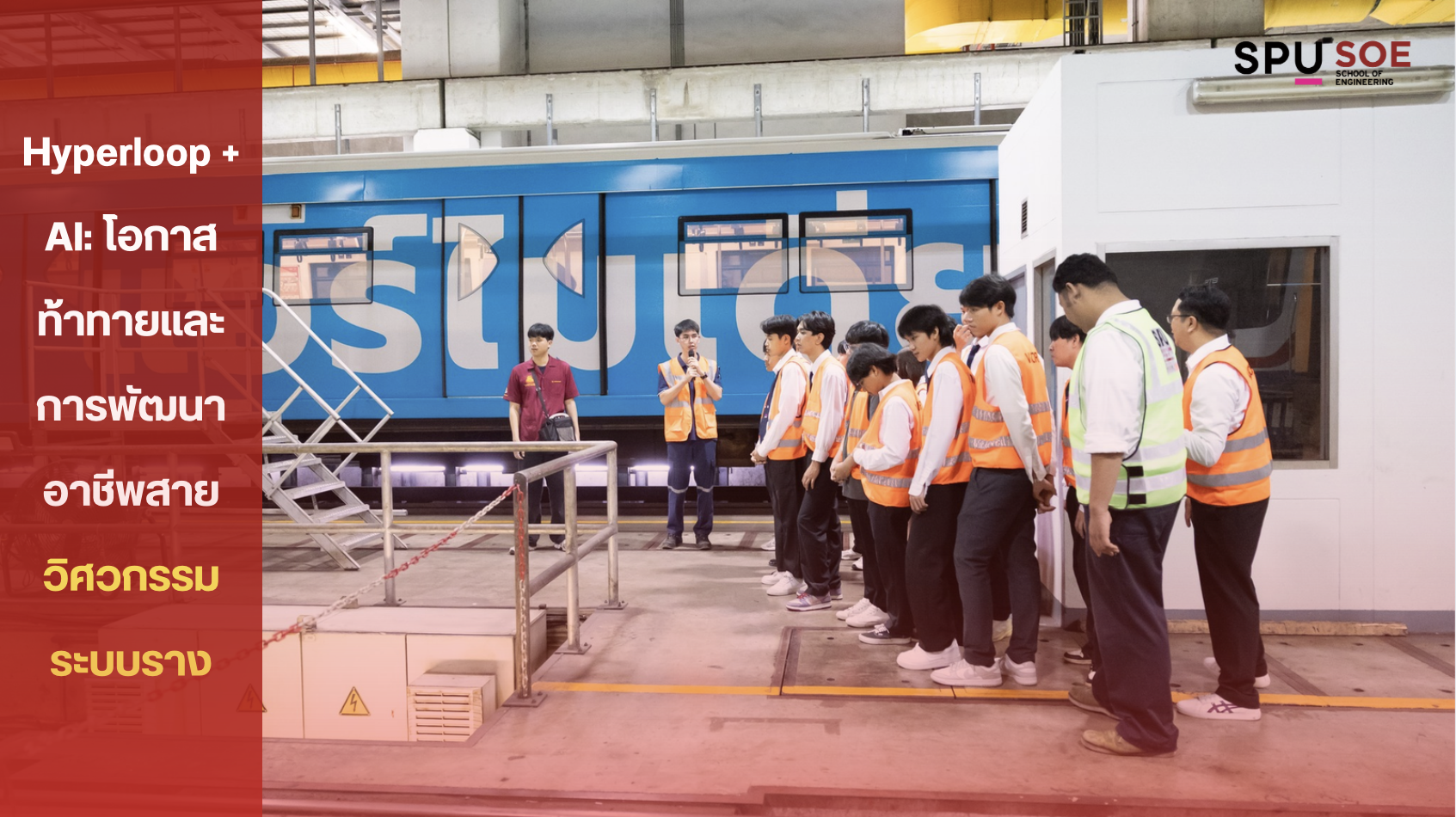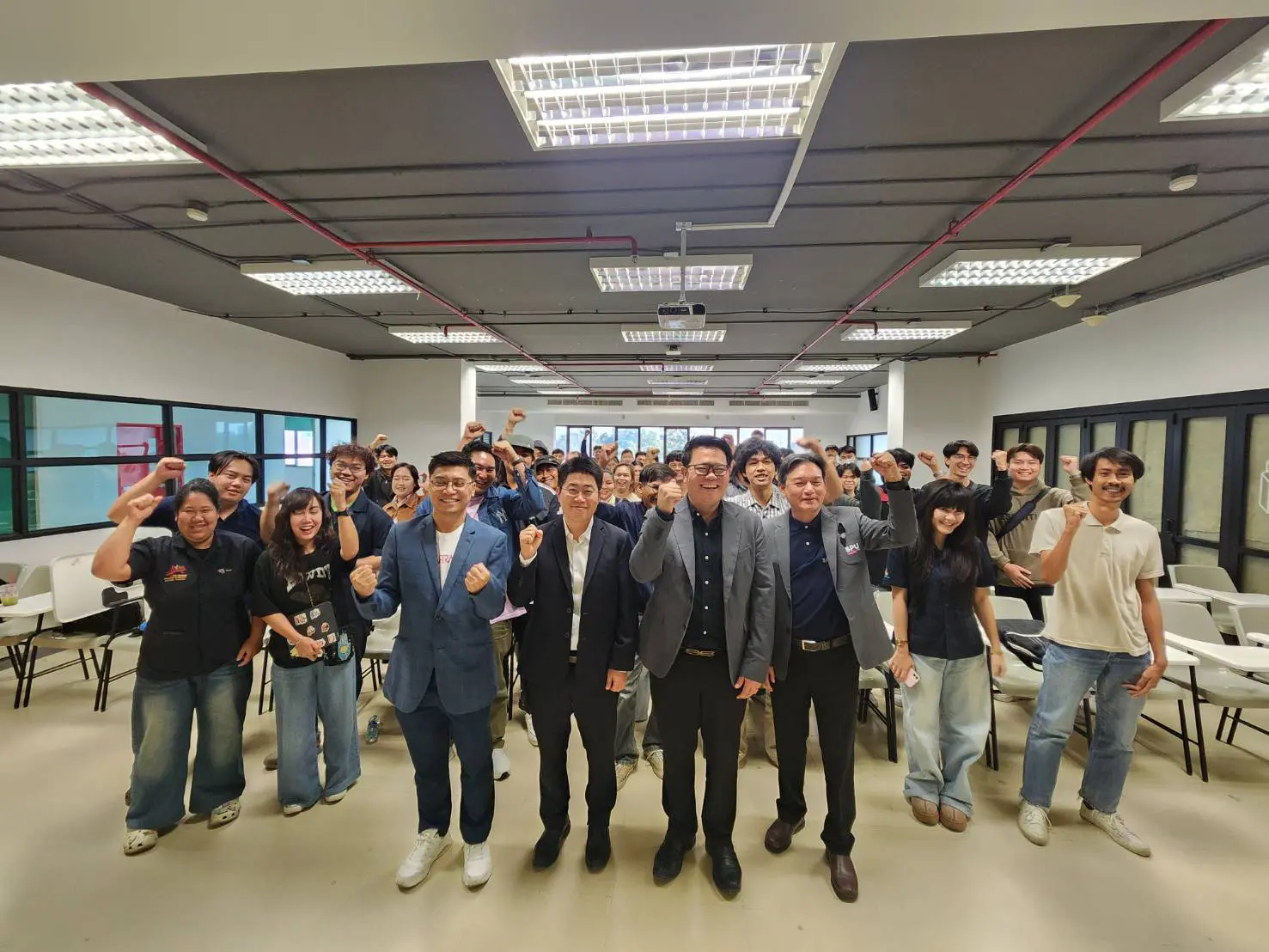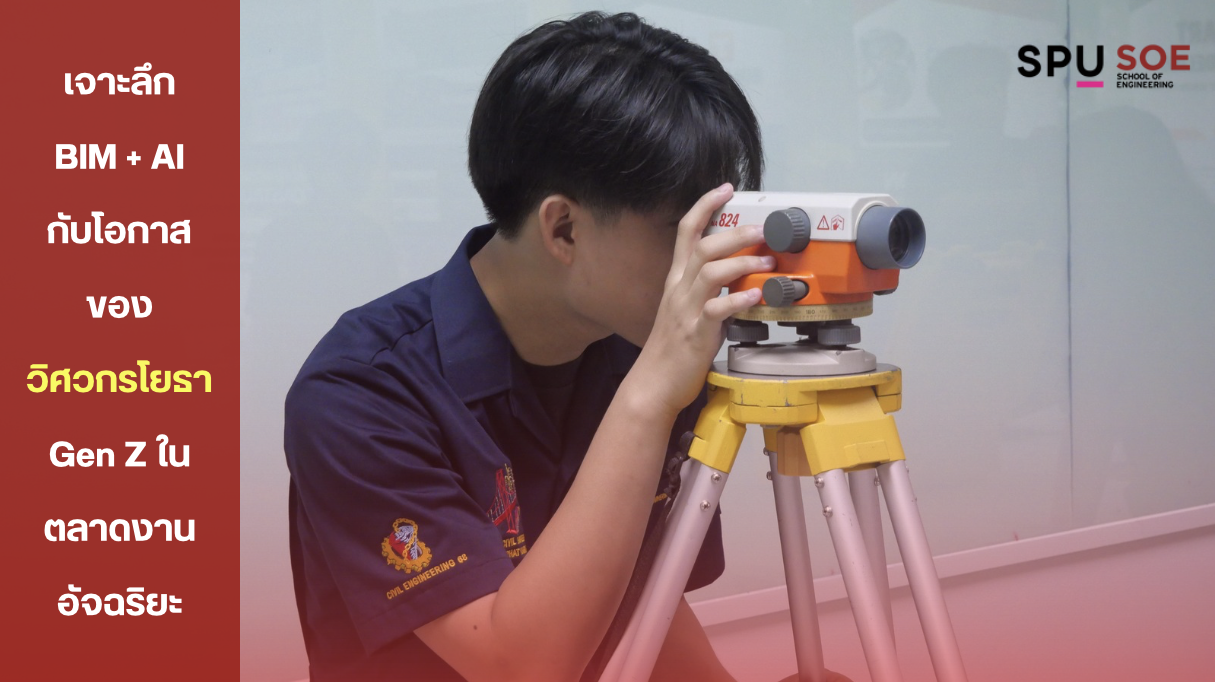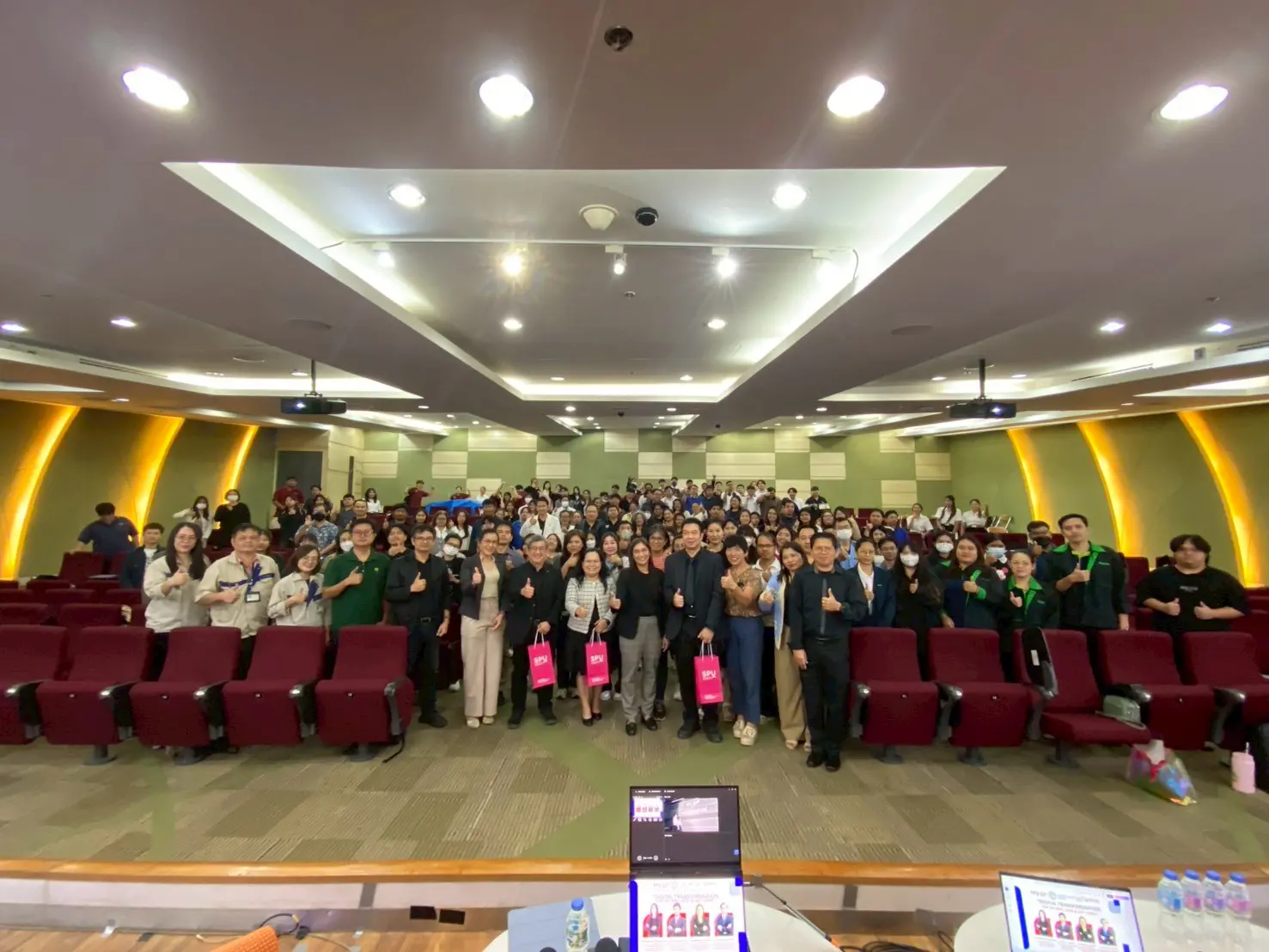Engineering students from Sripathum University join forces to drive development in the southern region under the BCG concept.
Recently, many people have heard the abbreviation BCG. Some of you may know its meaning, but many may still wonder what BCG stands for. In fact, the word BCG is an abbreviation for a new economic model called the “BCG Model”, which is the development of 3 economies: Bioeconomy, Circular Economy, and Green Economy, simultaneously to drive Thailand forward in a tangible way. The BCG Model is in line with the Sustainable Development Goals (SDGs) and the principles of the Sufficiency Economy Philosophy (SEP), which is an important principle in developing Thailand’s economy and society. This is an important guideline that all sectors are urgently looking for ways to adapt to be in line with this sustainable development direction, including in the design and urban planning circles, which are considered important foundations of the social, economic, and cultural systems.
And on May 9, 2022, Assistant Professor Dr. Chitsanu Amprai from Sripathum University, a professor with expertise in transportation planning, as deputy project manager, attended a meeting at the Narathat Hall meeting room, Imperial Narathiwat Hotel, Bang Nak Subdistrict, Mueang District, Narathiwat Province.
The event included a seminar on the topic of “Driving the Development of the Southern Region and the Southern Gulf of Thailand Provinces under the BCG Concept” and a presentation of the draft of the Southern Region Policy Plan, by sector, development plans and projects, with representatives from government agencies, local administrative organizations, the private sector, experts, educational institutions, NGOs, independent organizations, and the public sector. Participants provided comments and suggestions both on-site and online.
And from the results of this meeting, the Department of Public Works and Town & Country Planning will take the comments and suggestions from the feedback to compile and improve the draft policy plan for the southern region to be complete and drive it to achieve the goals, especially in the issues that are currently being discussed, such as the BCG concept, which is considered a development approach that is in line with at least 5 of the United Nations’ Sustainable Development Goals (SDGs), namely sustainable production and consumption, climate change response, conservation of diversity, cooperation for sustainable development, and reduction of inequality. It is also in line with the philosophy of the sufficiency economy, which is an important principle in developing the economy and society of Thailand.
It is expected that it will be presented to the National Town Planning Policy Committee for consideration and approval within 2023 and published in the Royal Gazette for government agencies to use in carrying out their duties and powers so that development will continue in the same direction.








